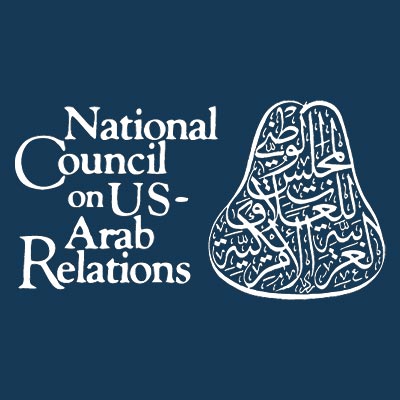GCC security pact endorsed
Source: Arab News (Read full story)
Saudi Arabia ratified a GCC security agreement on Monday, which was passed by the Supreme Council at the Gulf Cooperation Council during its 33rd session held in Bahrain last December. “The agreement focuses on cooperation among member countries in law enforcement and information exchange,” said Culture and Information Minister Abdul Aziz Khoja. Member countries will cooperate with one another in tracking down criminals and law violators irrespective of their nationalities. The agreement also allows GCC countries to take action against citizens and foreigners who try to interfere in their internal affairs. They will also exchange information related to wanted citizens and foreigners.
…
GDP to grow by 6.5pc this year
Source: The Peninsula (Read full story)
Powered by large-scale public infrastructure spending, Qatar’s real gross domestic product (GDP) is forecast to grow by 6.5 percent in 2013 and 6.8 percent in 2014, according to ‘Qatar Economics Insight 2013’ report published by QNB Group. The report also forecast the current account surplus of the energy-rich economy to remain high at 34.1 percent of GDP on average in 2013-2014 as the traditional hydrocarbon exports receipts are expected to be boosted by exports of Gas-to-Liquids (GTL), petrochemicals and fertilizers. However, the fiscal surplus is projected to narrow at 4.7 percent of GDP in 2013 and 2.6 percent in 2014 owing to increased infrastructure investment while revenues are mildly reduced by lower oil prices.
…
Kuwait plans to naturalize 4,000 bedoons this year
Source: Kuwait Times (Read full story)
Kuwait announced plans to grant citizenships to stateless residents as per a law which allows naturalizing a maximum of 4,000 candidates a year, a local daily reported yesterday quoting Cabinet sources familiar with the case. The decision was announced during a recent meeting between Deputy Prime Minister and Interior Minister Sheikh Mohammad Al-Khalid Al-Sabah, President of the Central Apparatus for Illegal Residents Saleh Al- Fadhalah and General Director of the General Department of Citizenships and Passports Sheikh Mazin Al-Sabah, revealed sources who spoke to Al- Anba. According to the sources, a list containing the names of 700-1,000 stateless residents should be ready by early November to be viewed during a Cabinet session later the same month.
…
Higher education and private sector needed to increase Emiratisation
Source: The National (Read full story)
Industry and universities need to improve collaboration to provide job options for young Emiratis. On Tuesday at the fourth Education Conference, Emirati academic Dr Abdullah Al Shaiba said greater co-ordination was needed for the country to overcome unemployment at a time of growing population. Dr Al Shaiba said there were many challenges to Emiratisation in the private sector, where less than 10 per cent of the workforce were nationals. “There needs to be a national framework of skills embodied in the curriculum that are regulated by the Ministry of Higher Education and Scientific Research,” he said.
…
BFEA refutes claims by activists in Geneva
Source: Bahrain News Agency (Read full story)
The Bahrain Federation of Expatriate Associations (BFEA) slammed a group of opposition activists on Monday, who attempted to spread false claims about the country during the 24th United Nations Human Rights Council session in Geneva. Bahrain resident and activist Betsy Mathieson, who is the BFEA secretary-general attended a discussion titled- “Bahrain Under Lockdown”, hosted by Human Rights Watch (HRW) along with other rights groups. Panelists included lawyer Mohammed Al Tajer, Rula Al Saffar, Sayed Yousef and Nicholas McGeehan from HRW, London. The panelists claimed that their human rights and freedom of speech were being denied to them, and the right to peaceful assembly had been banned by the authorities.
…
Oman ranks 26th in economic freedom
Source: Oman Daily Observer (Read full story)
Oman has been ranked the 26th most economically free country in the world, according to the 2013 Economic Freedom of the World Report, released yesterday by the Fraser Institute, Canada’s leading public policy think-tank. The report reveals that the Sultanate has made considerable improvements in the Sound Money and Freedom to Trade Internationally Indexes as it becomes more competitive in global markets and offers attractive incentives to investors. It further highlights Oman’s efforts to reduce bureaucracy, bypassing outdated regulations and safeguarding property rights while aggressively promoting international trade and investment.
…

